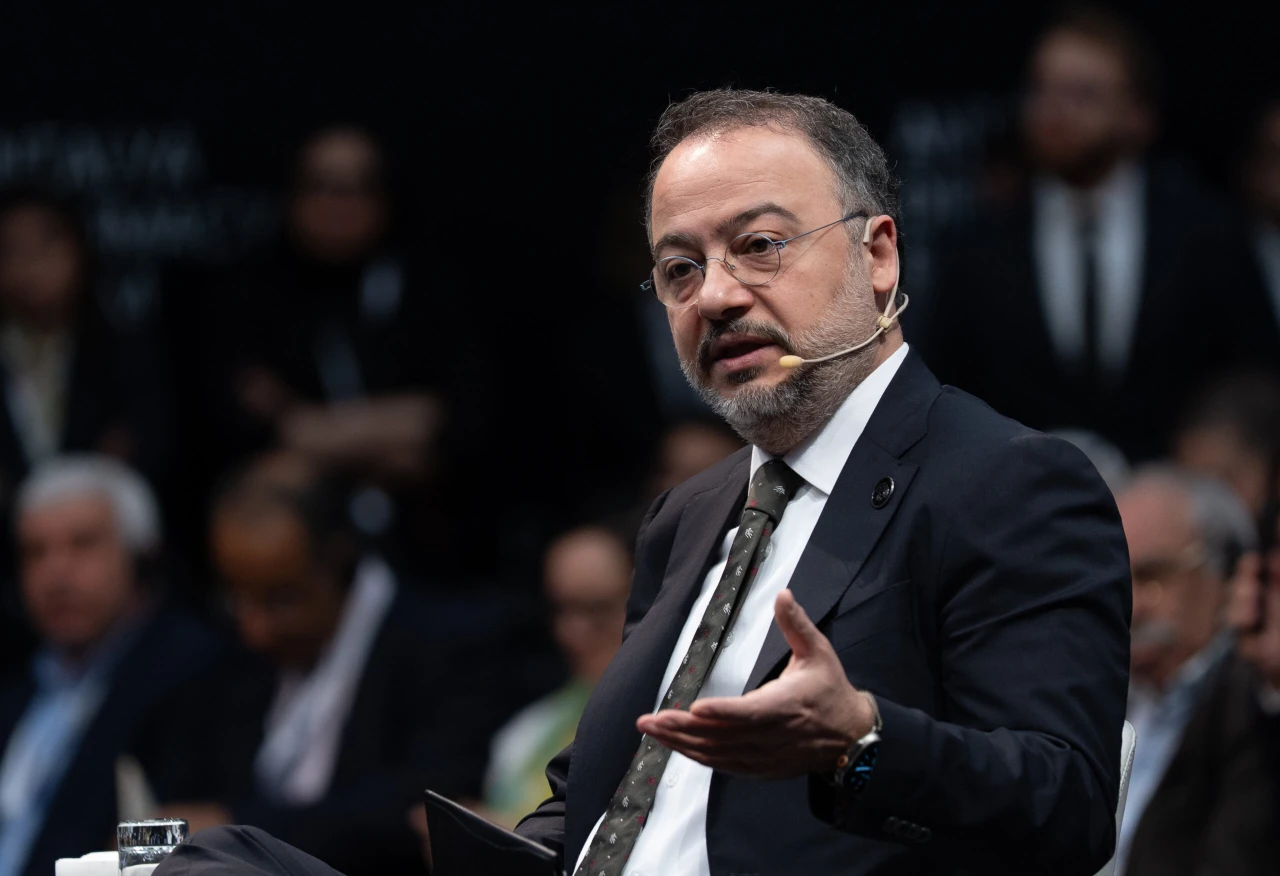Israel plans to establish buffer zone in Syria, suggests Turkish columnist
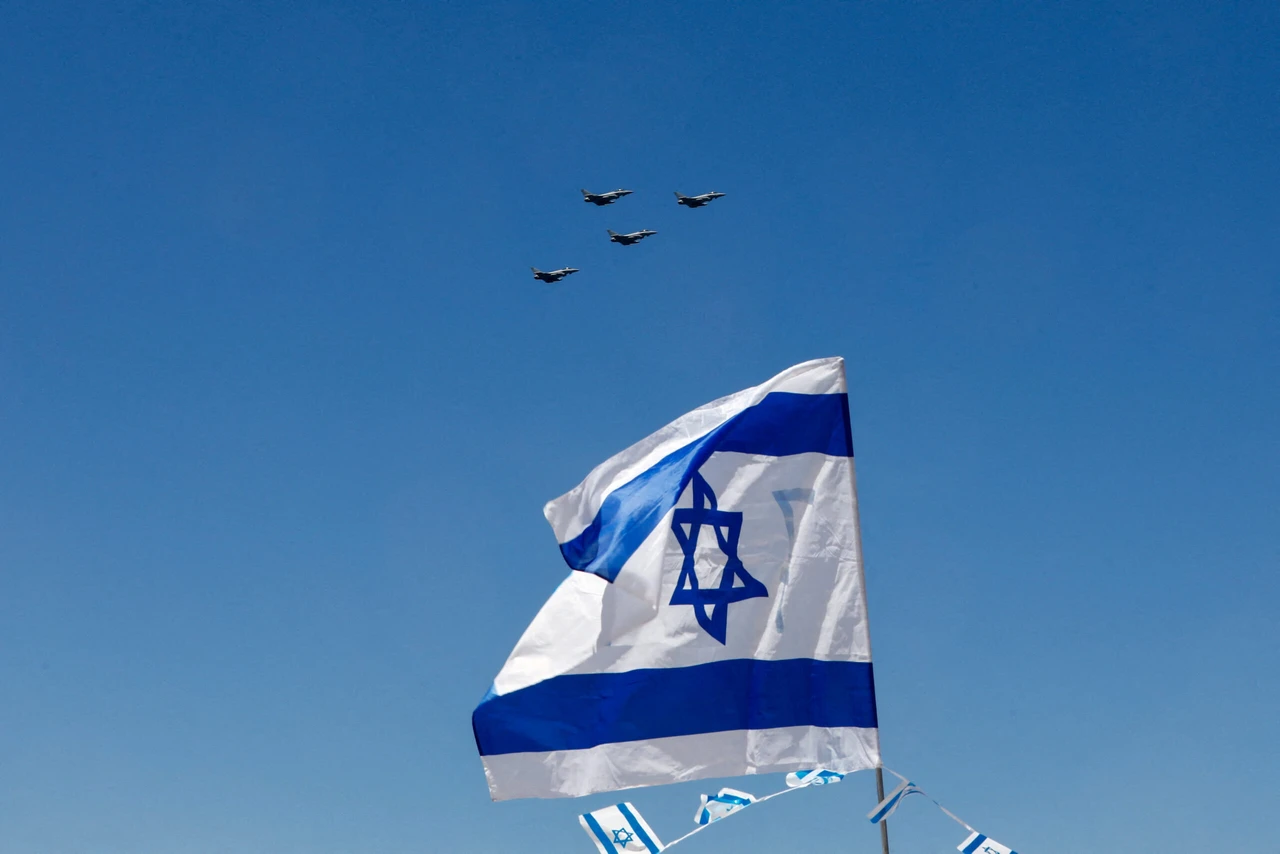 A flypast is seen over an Israeli flag as part of an aerial show organised for Israel's 75th Independence Day celebrations, in Tel Aviv, Israel April 26, 2023. (Reuters Photo)
A flypast is seen over an Israeli flag as part of an aerial show organised for Israel's 75th Independence Day celebrations, in Tel Aviv, Israel April 26, 2023. (Reuters Photo)
Israel has expanded its military operations to Syria, targeting several strategic locations in recent days. Israeli tanks crossed into the Quneitra region of southern Syria earlier this week, heightening concerns of a broader conflict.
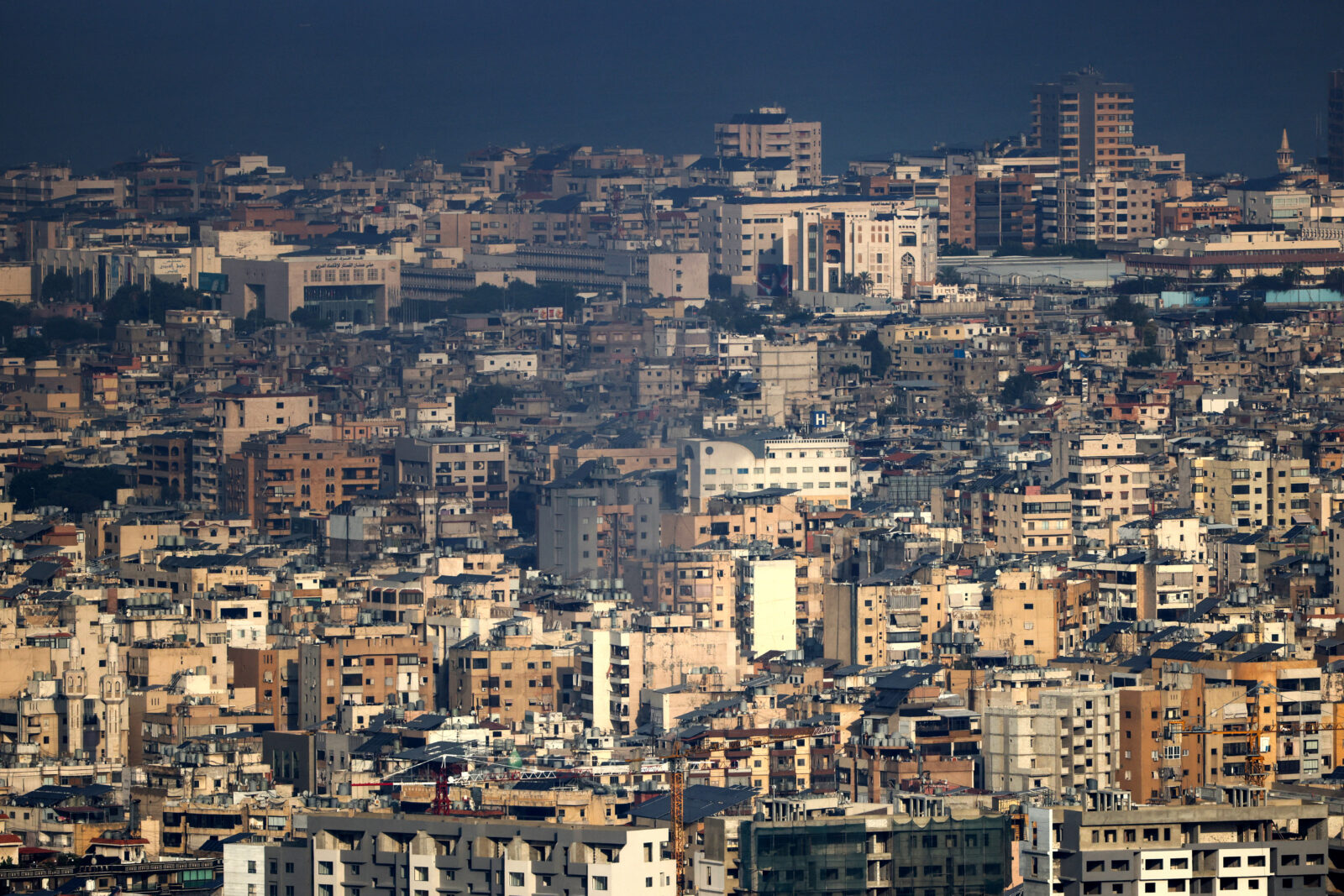
The escalation follows Israel’s ongoing operations in Lebanon, with Israeli forces now focusing on creating a buffer zone within Syrian territory, according to Turkish columnist Abdulkadir Selvi.
The Israeli government has yet to comment on the full extent of its military operations, but local media and military analysts suggest the country is looking to establish security zones in both Lebanon and Syria.
Strategic targets hit across Syria
Israeli strikes have hit key locations across Syria, including Tartus, Hama, Homs, Aleppo, Daraa and the capital Damascus. The strikes are reported to have targeted military installations, with some sources claiming that Israel is seeking to prevent Hezbollah and other militia groups from consolidating positions in southern Syria.
Sources in the region suggest that Israel’s primary aim is to establish a buffer zone stretching from the Golan Heights to the strategic area of Suweida, with further advances planned toward the U.S.-controlled al-Tanf region. Al-Tanf hosts a significant U.S. military presence and is considered a vital location for controlling movements within southern Syria.
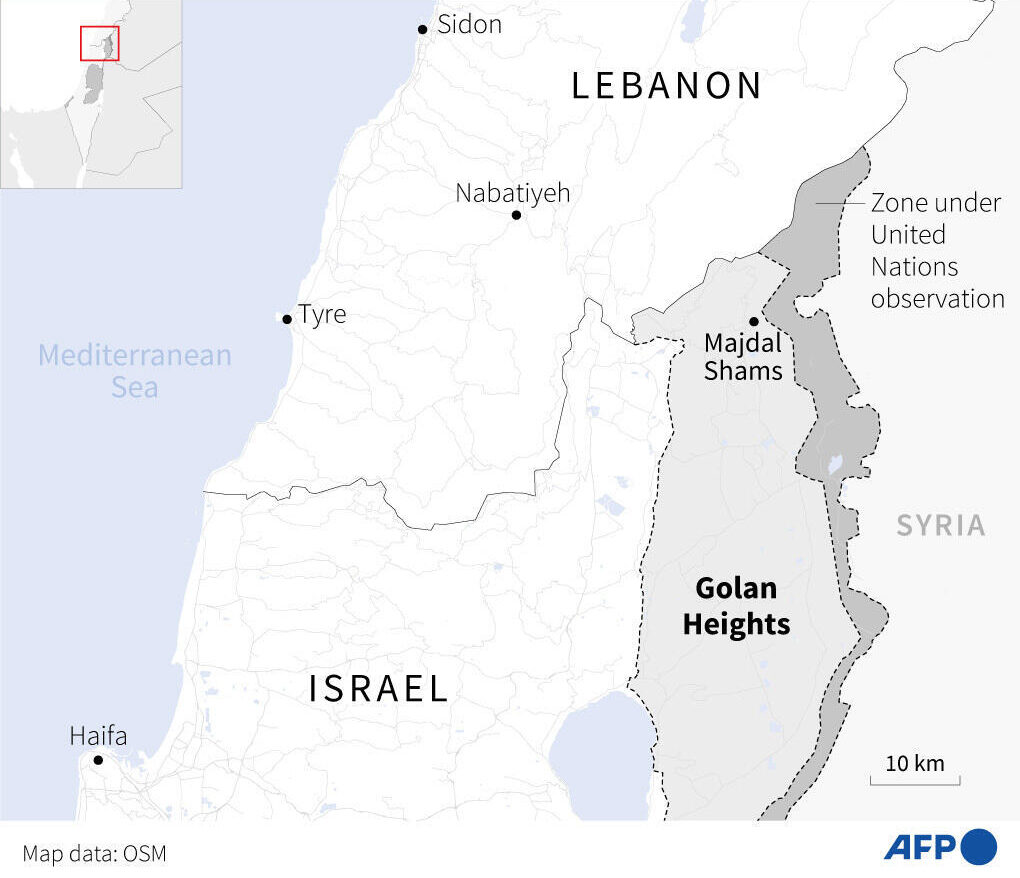
Buffer zone strategy in play
Israel’s military strategy in Syria appears to mirror its ongoing efforts in Lebanon, where the country has sought to create a buffer zone reaching the Litani River. In Syria, the proposed buffer zone could extend from Golan to al-Tanf, covering areas such as Quneitra and Daraa.
Analysts believe this buffer zone could serve to limit the movement of Hezbollah and other Iranian-backed groups. The region’s control is crucial for Israel’s security, particularly with rising concerns of a potential Iranian response.
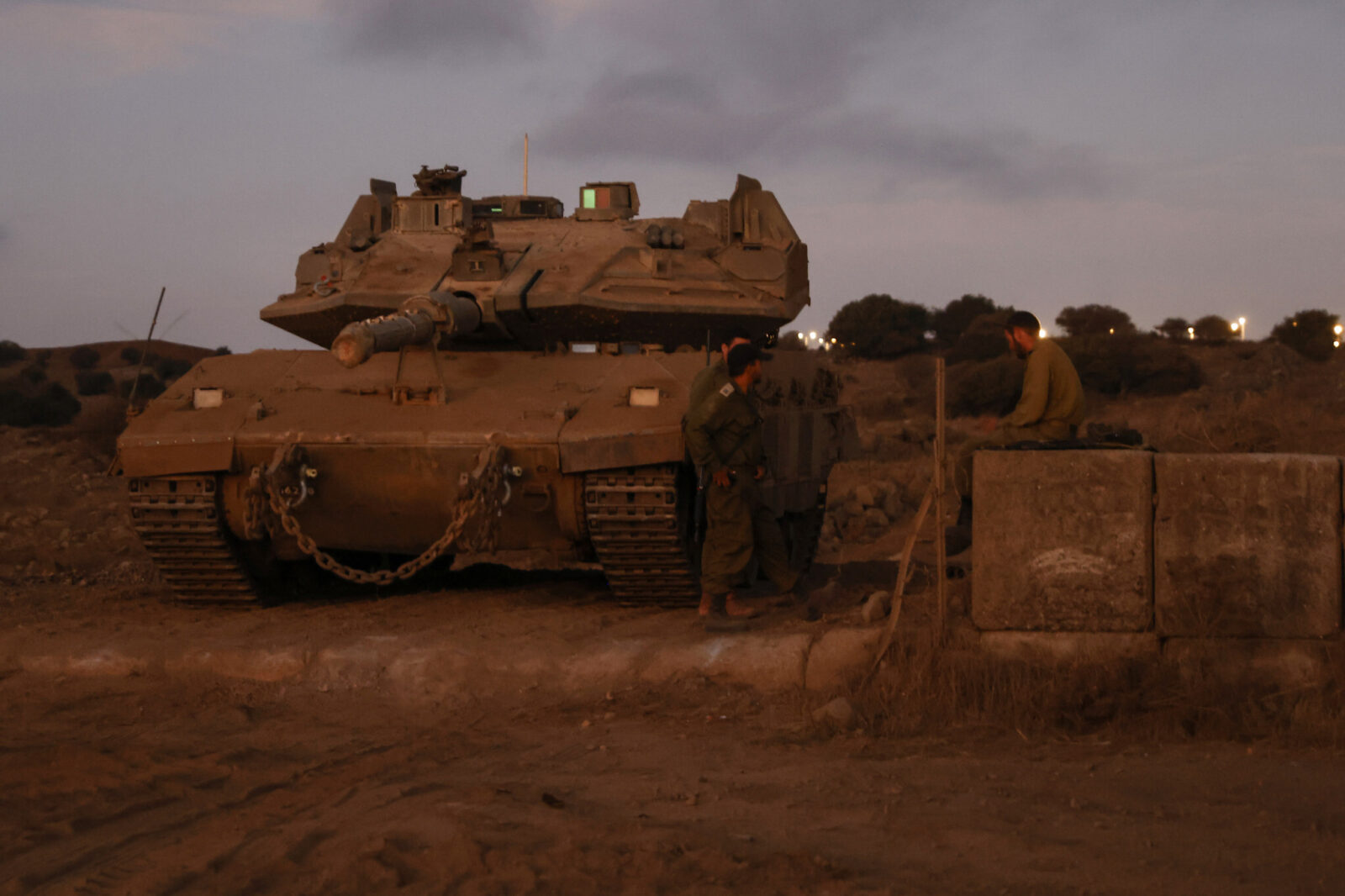
Israel’s growing influence in Syria
Two prominent figures, Kemal el-Lebwani and Osama el-Jolani, are rumored to be key candidates to lead the proposed buffer zone according to the Turkish columnist Selvi. El-Lebvani, a Syrian opposition figure with strong ties to Israel, has previously been involved in political dealings with Israeli authorities.
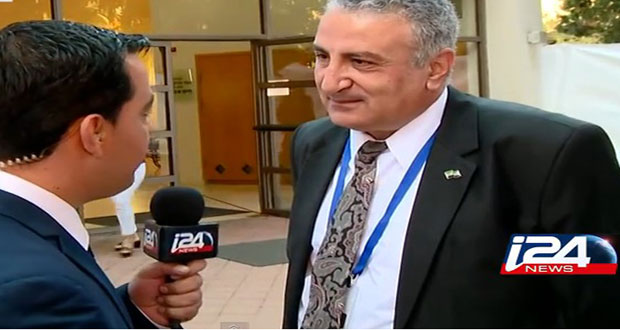
Meanwhile, el-Jolani, originally from the Golan region, is believed to have similar affiliations with foreign powers.
The U.S. and Israel have reportedly been working together to ensure that this buffer zone aligns with their broader regional interests. The proposed zone could link up with areas controlled by the Syrian Democratic Forces (SDF), which maintain significant autonomy in northern Syria with support from the United States.
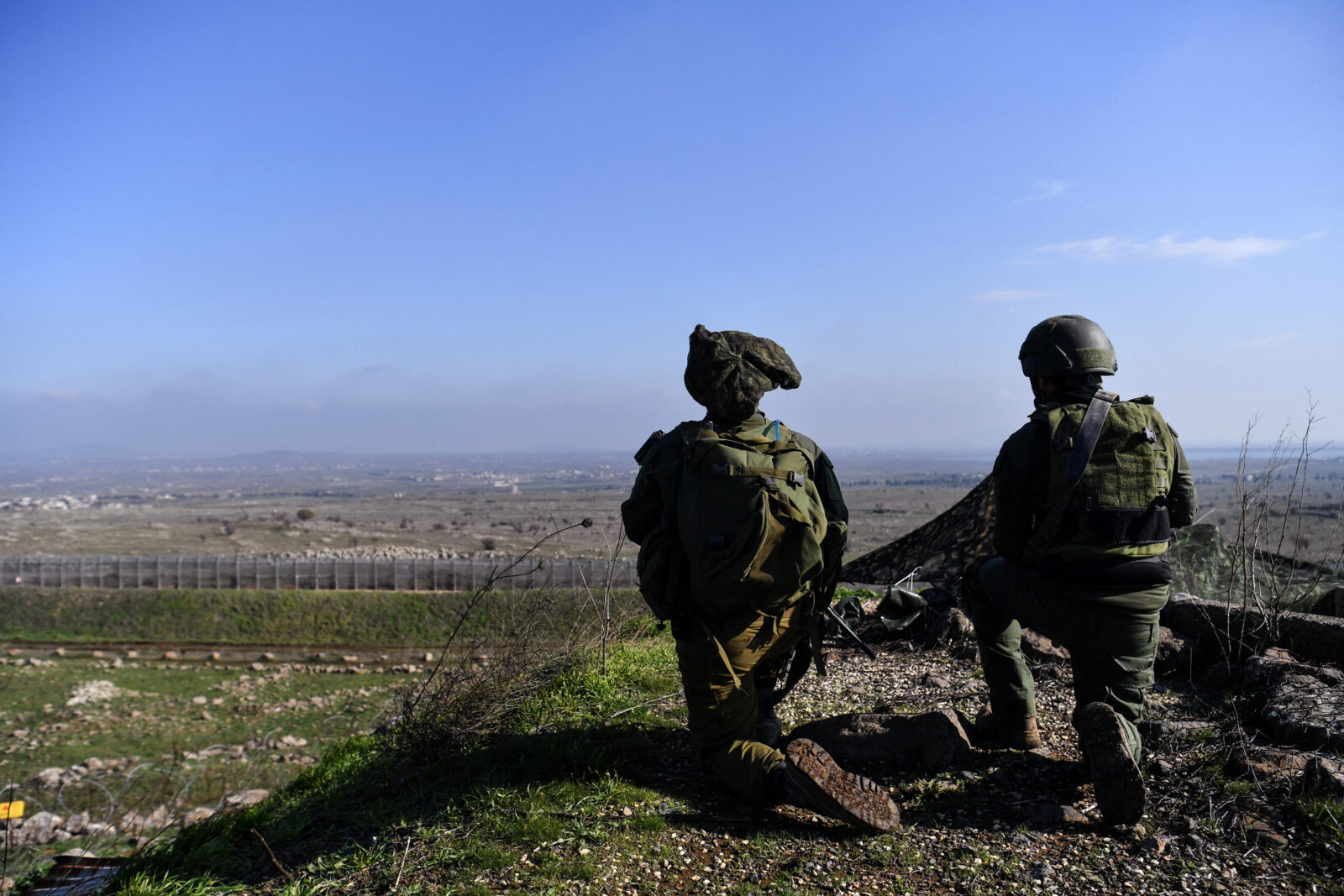
Regional repercussions and Erdogan’s response
Turkish President Recep Tayyip Erdogan has expressed concerns over Israel’s growing influence in the region. During a recent speech, Erdogan warned of the risks posed by Israel’s expanding military campaigns and accused Syrian President Bashar Assad of remaining passive amid the incursions.
Erdogan highlighted that Türkiye has taken necessary precautions and will continue to monitor the situation closely. The Turkish government remains wary of further escalations, particularly given the proximity of the conflict to Türkiye’s southern border.
